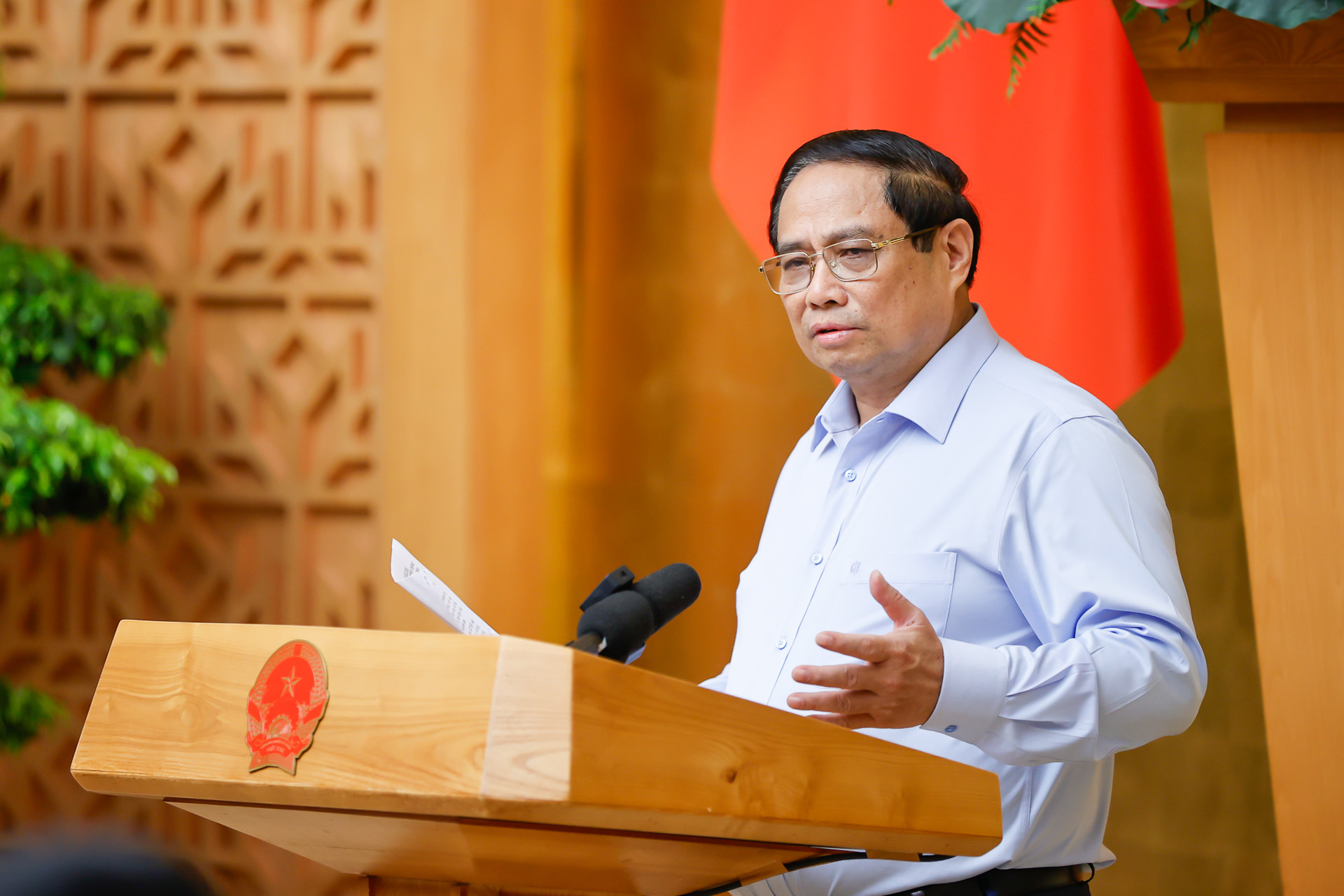
On August 24, Prime Minister Pham Minh Chinh chaired a special Government meeting on law-making in August 2024. Attending the meeting were Politburo members, Party Central Committee members, Deputy Prime Ministers, Government members, and leaders of ministries, branches, and Government agencies.
At the meeting, the Government discussed and gave opinions on 3 proposals for law making, 3 draft laws, and 1 draft ordinance.
The draft laws and ordinances include: Draft Law on amending and supplementing a number of articles of the Law on Officers of the Vietnam People's Army; Draft Ordinance on Management and Protection of the Ho Chi Minh Mausoleum Relic Site; Draft Law on Corporate Income Tax (amended); Draft Law on Special Consumption Tax (amended).
Proposals for law making include: Proposal to make the Law on Public Investment (amended); Proposal to make the Law amending and supplementing a number of articles of the Law on Planning, the Law on Investment, the Law on Investment under the public-private partnership model and the Law on Bidding; Proposal to make the Law amending and supplementing a number of articles of the Law on State Budget, the Law on Management and Use of Public Assets, the Law on National Reserves, the Law on Accounting, the Law on Independent Auditing, the Law on Securities, and the Law on Tax Administration.
The Government also listened to and gave opinions on transferring three vocational colleges under the Ministry of National Defense to the Ministry of Labor, War Invalids and Social Affairs.
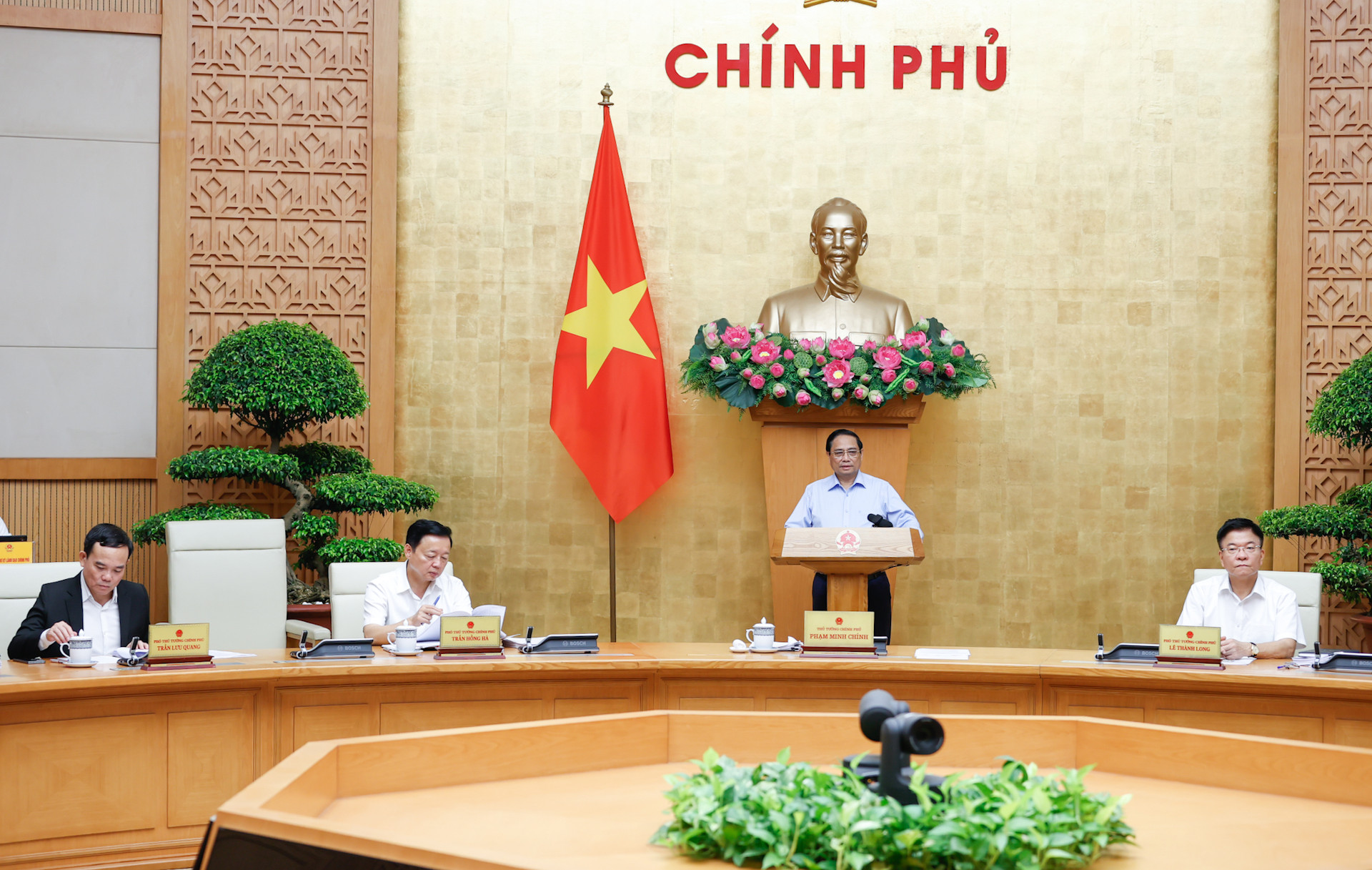
Using public investment resources with the highest efficiency
In the proposal to develop the Law on Public Investment (amended), delegates were interested in policies to cut administrative procedures, unlock resources, promote the role of public investment; decentralization and delegation of authority in the field of public investment; mechanisms and tools to evaluate efficiency and monitor, inspect and urge the implementation of public investment...
With this content, Prime Minister Pham Minh Chinh emphasized some more guiding viewpoints: It is necessary to really remove difficulties and obstacles to free up public investment resources, promote the highest efficiency, avoid waste, avoid the situation of "having money but not being able to spend it", avoid prolonged projects; resolutely cut unnecessary cumbersome procedures, eliminate the mechanism of asking for permission that causes trouble, harassment, congestion, creating an unhealthy environment; have a mechanism to handle urgent, unexpected problems and situations, things that need to be done immediately; use increased revenue sources, save expenses flexibly and effectively.
Regarding the proposal to develop a Law amending and supplementing a number of articles of the Law on Planning, the Law on Investment, the Law on Investment under the public-private partnership model and the Law on Bidding, delegates discussed 9 policy groups in the proposal to develop the Law, such as: Regulations on planning adjustment; expansion and diversification of fields, forms and methods of implementing public-private partnership projects; handling difficulties and obstacles for transitional BOT (Build - Operate - Transfer) and BT (Build - Transfer) projects; decentralization, delegation of authority, reform of administrative procedures and requirements for preventing and combating corruption and negativity...
Regarding the proposal to develop this law, the Prime Minister noted that there are currently many obstacles in the implementation of public-private partnership projects; it is necessary to study policies to remove, unblock, and mobilize all social resources for development; expand public-private partnership areas; encourage investment in areas such as green economy, digital economy, circular economy, etc.
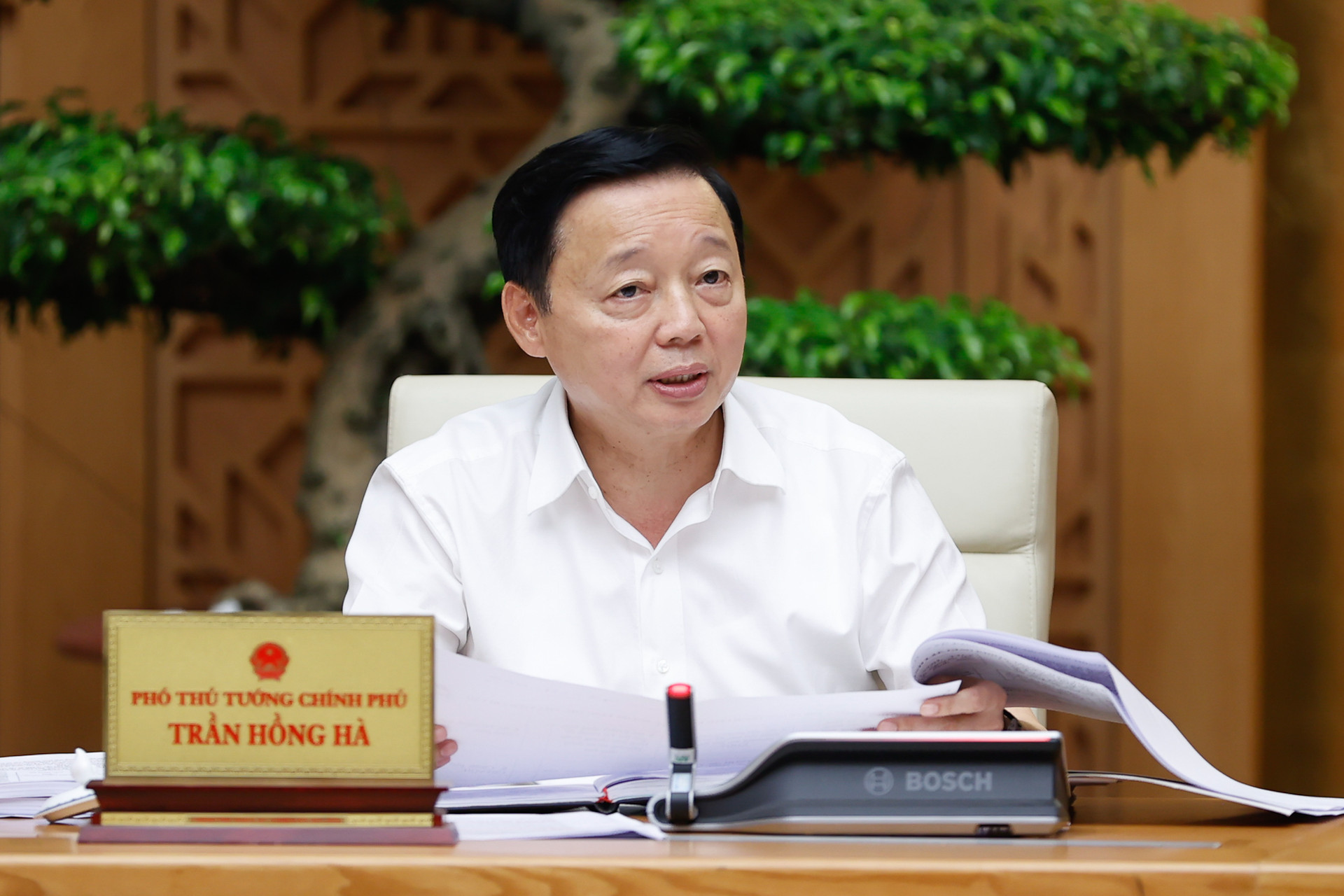
The Government also enthusiastically discussed the proposal to develop a Law amending and supplementing a number of articles of the State Budget Law, the Law on Management and Use of Public Assets, the Law on National Reserves, the Law on Accounting, the Law on Independent Auditing, the Law on Securities, and the Law on Tax Administration, in order to handle legal problems, contribute to removing difficulties for enterprises in production and business activities, promote economic growth, control inflation and stabilize the macro economy in the context of many economic difficulties, especially regarding the authority to decide on budget revenue and expenditure, disbursement of public investment capital, and management of the private bond issuance market.
With the draft Law on Special Consumption Tax (amended), the Government unanimously proposed to add a number of groups of goods subject to special consumption tax; amend and supplement a number of regulations on taxpayers; time of tax determination; tax price; tax rates; tax bases; regulations on tax refunds, tax deductions, tax reductions, etc.
Emphasizing some additional views on this draft law, the Prime Minister said that it is necessary to carefully review taxable items to harmonize the goals of promoting production and business, socio-economic development and the goals of limiting negative aspects from the consumption of taxable items, protecting people's health, and protecting the environment; to fully research and evaluate to regulate tax adjustments for a number of items and services to ensure that they are suitable for socio-economic development conditions and improve people's living standards; to research to supplement the Government's regulations on guidelines for a number of items in the group of taxable goods to promptly supplement the list of goods subject to tax, meet tax management requirements, create fairness when applying taxes accurately to each item, and not miss out on taxable objects.
With the draft Law on Corporate Income Tax (amended), the Prime Minister emphasized the viewpoint of "harmonizing benefits and sharing risks" between the State, people and enterprises; promoting production and business, creating jobs and livelihoods for people; meeting the requirements of international economic integration and enhancing international cooperation on tax; creating a unified and synchronous legal environment, overcoming the limitations and shortcomings of current laws; designing modern tax collection tools, promoting the application of information technology and digitalization in tax management; ensuring the construction of a correct, sufficient and timely collection base, preventing tax losses, in accordance with international practices; reducing administrative procedures to facilitate tax collection and payment, raising the sense of responsibility and obligations of taxpayers...
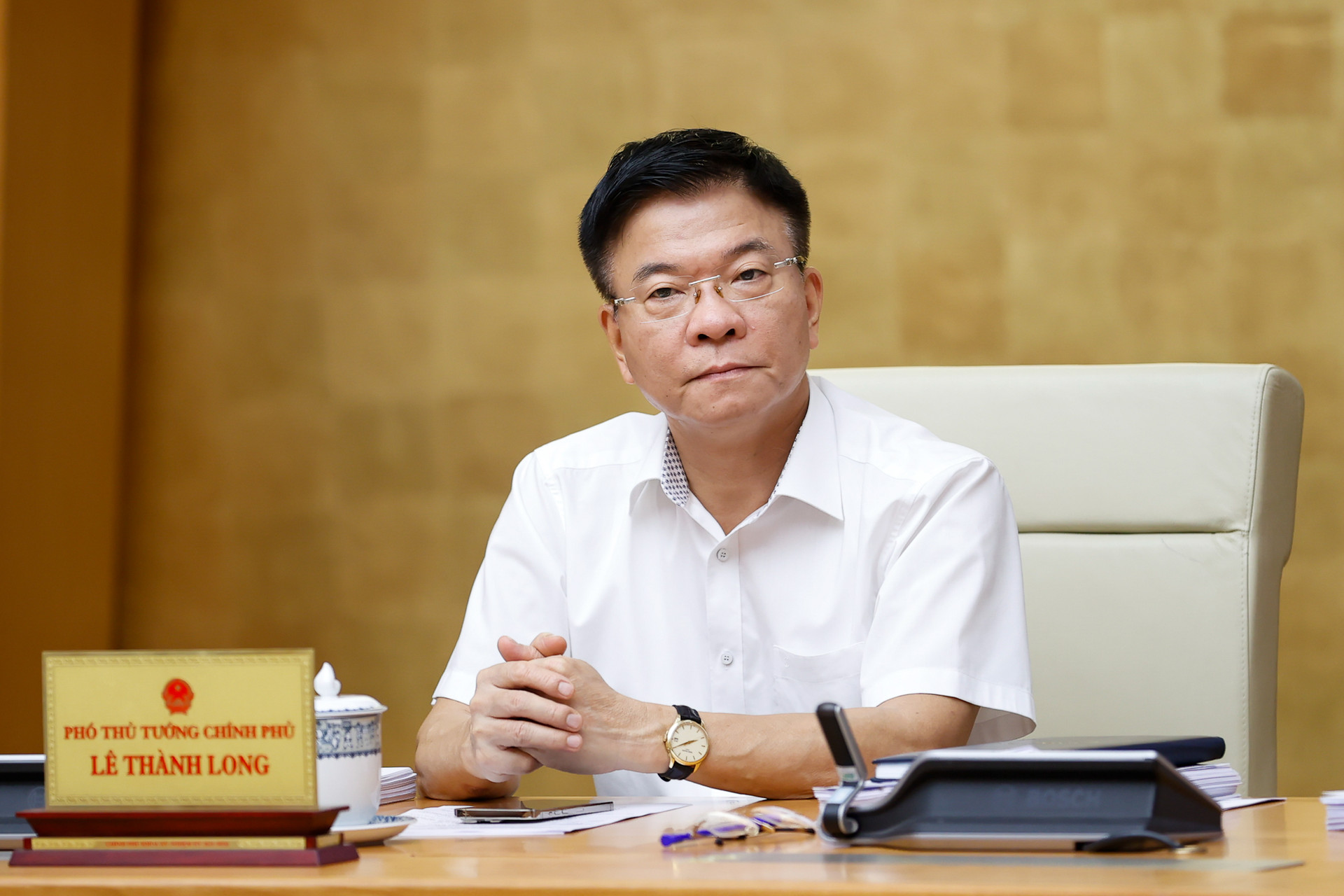
5 requirements for law making
After directly giving specific opinions on each discussion content and concluding the general meeting, Prime Minister Pham Minh Chinh highly appreciated the efforts and active preparation and submission of contents by ministries and branches; seriously receiving and explaining the opinions of the Government Standing Committee and Government members to revise and complete proposals, draft laws and ordinances.
The Prime Minister welcomed the urgent and enthusiastic working spirit, with dedicated, responsible, practical, highly professional and quality opinions of the Government members; requested the ministers to seriously and fully absorb opinions, complete proposals, draft laws and ordinances; at the same time continue to consult experts and scientists; coordinate effectively with relevant ministries, branches and agencies in the process of drafting and completing draft laws; assign the Deputy Prime Minister assigned according to the field of responsibility to pay attention to and directly direct the completion of the above contents.
Emphasizing the importance of law-making, the Prime Minister requested ministers and heads of ministerial-level agencies to directly lead and direct; arrange resources and qualified and dedicated staff for the work of building and perfecting laws and institutions, thereby removing difficulties and obstacles, mobilizing all social resources to promote rapid and sustainable growth and development, contributing to the implementation of the goals set by the 13th Party Congress.
At the upcoming 8th session of the 15th National Assembly, the Government will submit to the National Assembly for comments on 11 laws, consider and approve 14 laws. Prime Minister Pham Minh Chinh pointed out that the task is very heavy, requiring ministers and heads of ministerial-level agencies to focus resources, directly lead and direct the completion of draft laws in accordance with the provisions of the Law on Promulgation of Legal Documents.
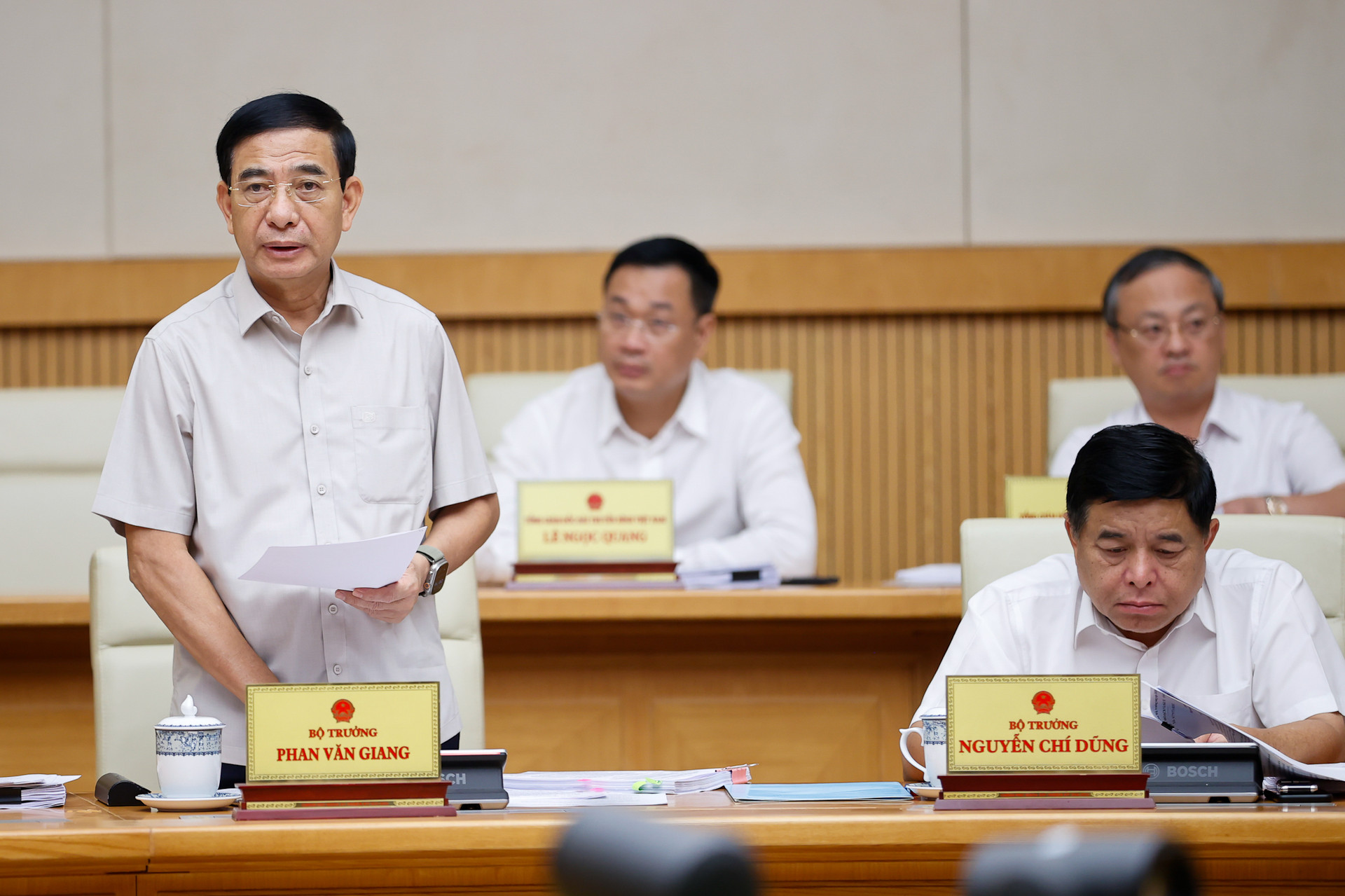
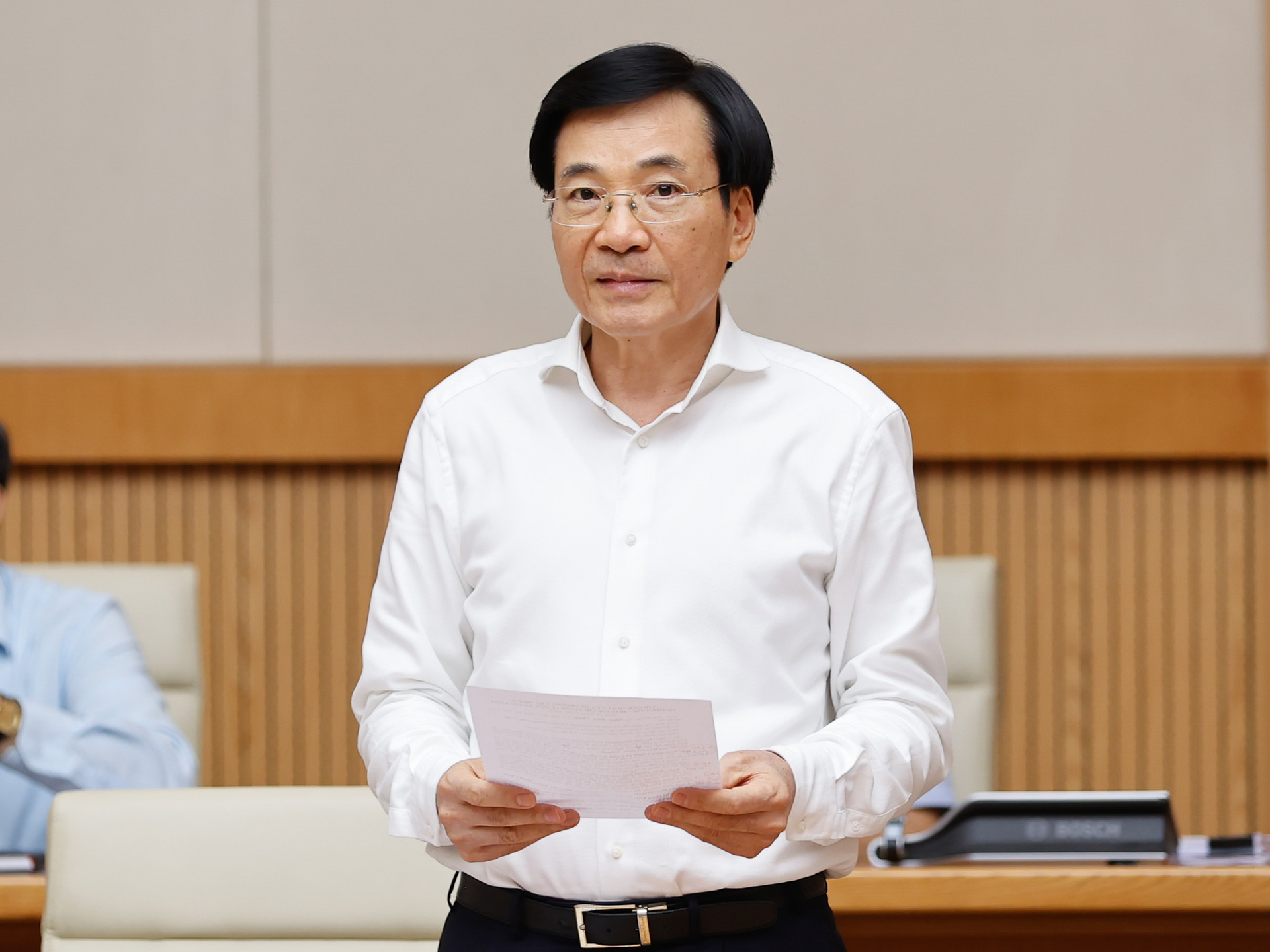
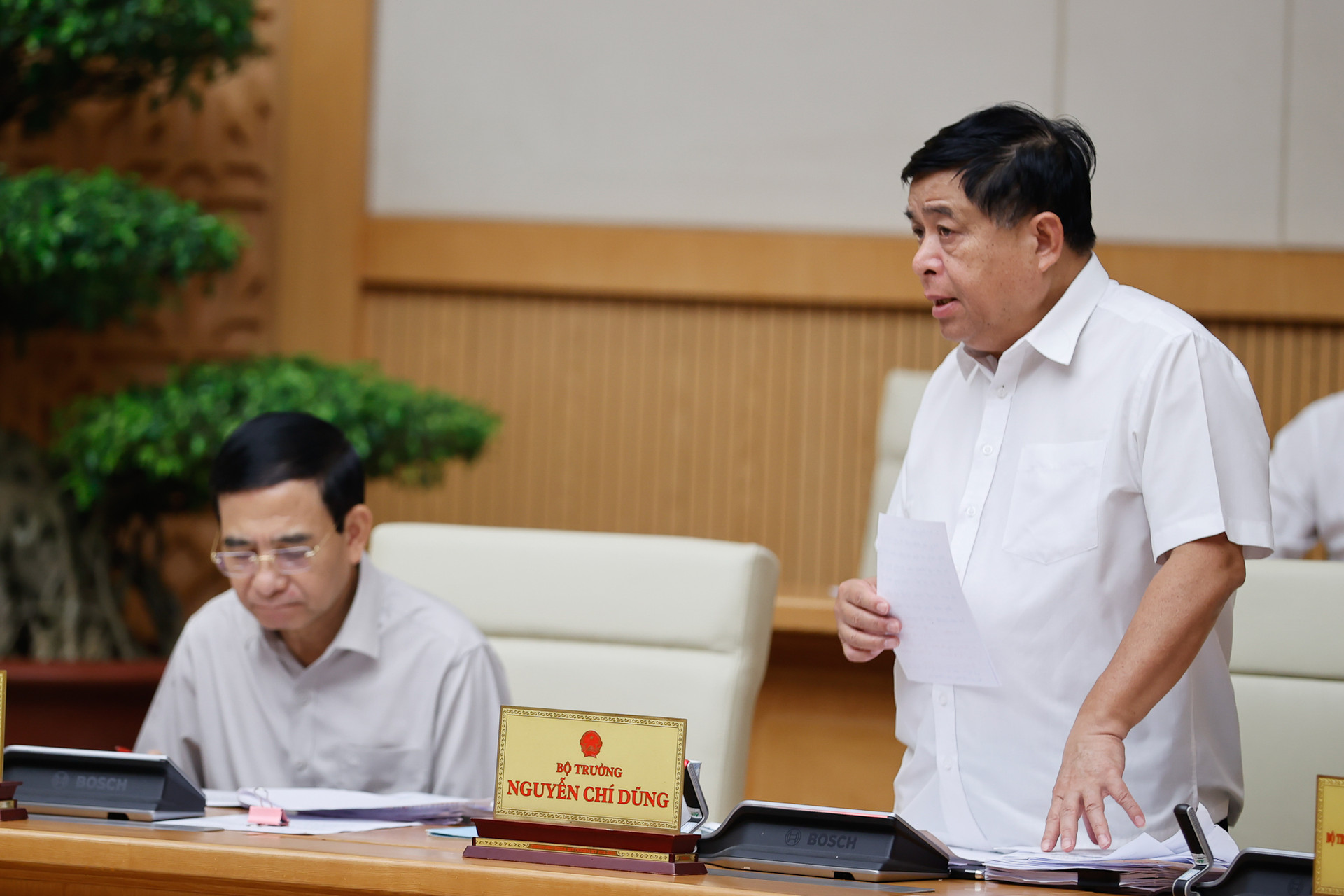
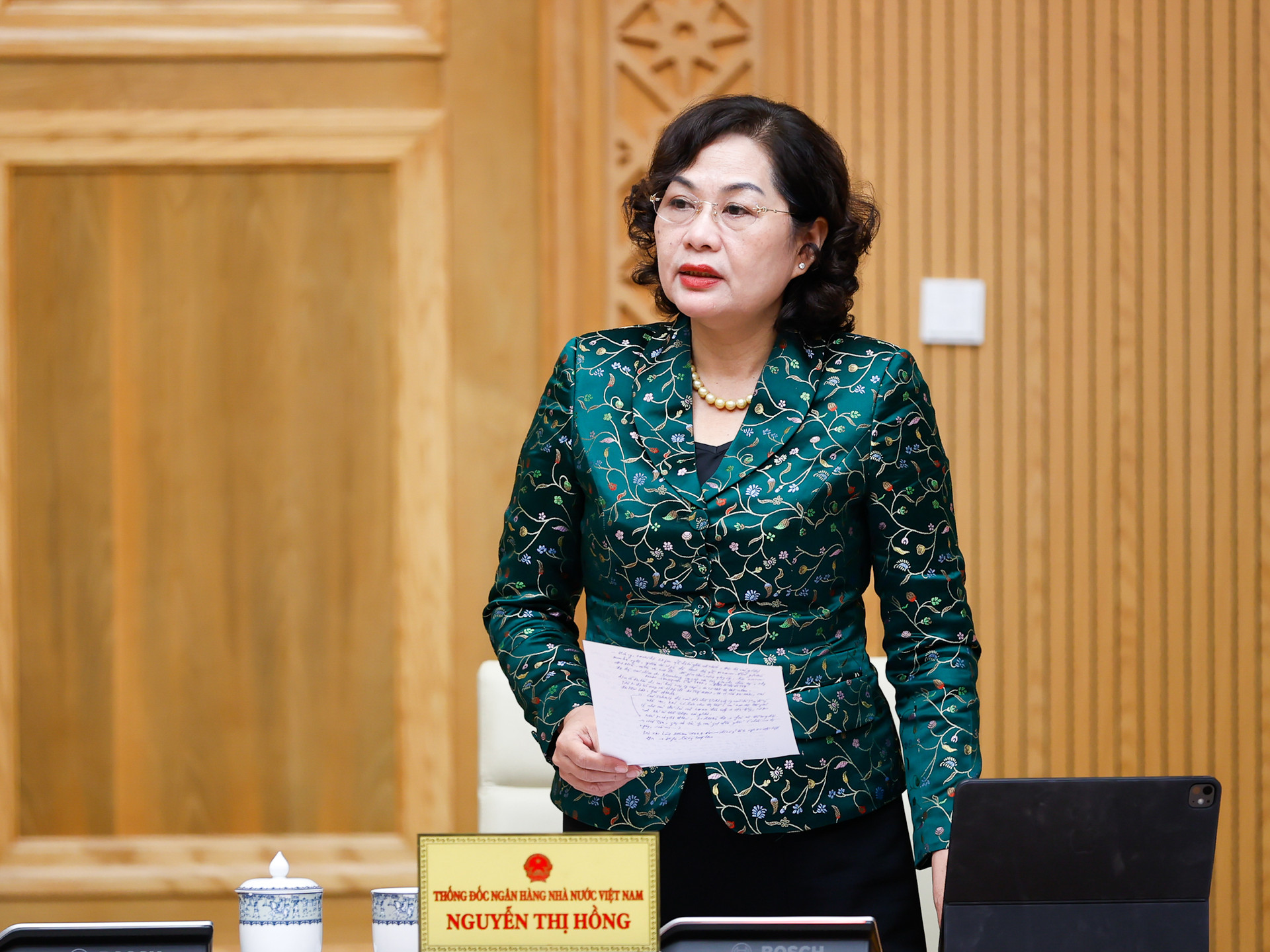
The Prime Minister noted the following five requirements for law-making and completing draft laws:
Firstly, the process of building and completing draft laws and ordinances must ensure feasibility, effectiveness, and implementation, avoiding the situation where regulations are issued but then get stuck and cannot be implemented.
Second, State agencies focus on performing State management tasks, including developing strategies, plans, schemes, institutions, policy mechanisms, legal corridors, standards, criteria, tools for monitoring and inspection, conducting interim and final reviews, rewards, and disciplines, etc.
Third, promote decentralization and delegation of power thoroughly, while allocating resources, improving enforcement capacity, designing tools to strengthen supervision, inspection, and control of power; reduce and simplify administrative procedures, eliminate the request-grant mechanism, reduce intermediary stages, contributing to reducing costs for businesses, improving the investment and business environment, promoting production and business, creating jobs and livelihoods for people.
Fourth, do not allow the insertion of regulations that favor group interests, local interests, or create an environment for corruption and negativity in draft laws; put the common interests, national interests, and the people above all else.
Fifth , mobilize and effectively use resources with the motto "resources come from thinking; motivation comes from innovation; strength comes from people and businesses"; inherit regulations that are still suitable and have positive impacts in current laws; what is ripe, clear, proven to be correct in practice, effectively implemented, and agreed by the majority, then continue to implement and legalize; manageable but must be transparent and clear about people, work, responsibilities, and products.
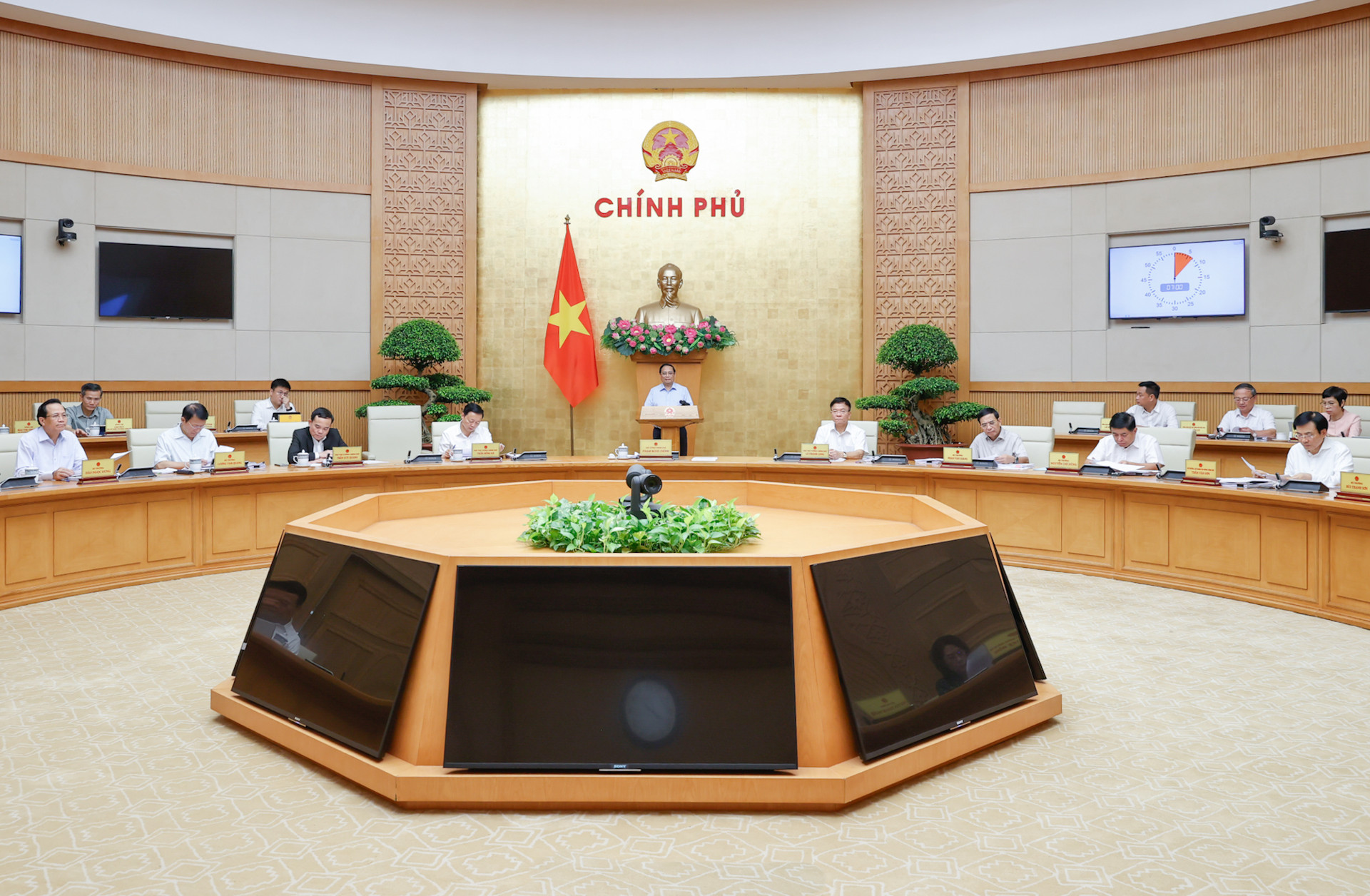
The Prime Minister requested ministries and agencies to closely and effectively coordinate with agencies of the National Assembly in submitting, examining, reporting on, receiving and explaining opinions of the National Assembly and National Assembly deputies; listening to and accepting opinions of affected subjects, scientists, experts, practical activists, people and businesses; and promoting policy communication to create high consensus.
There is not much time left in the 8th Session of the 15th National Assembly. The Prime Minister requested ministries and branches to urgently complete draft laws; at the same time, monitor, urge and inspect the promulgation of detailed regulations and the situation of law enforcement according to regulations; develop and promulgate detailed regulations and guidance on the implementation of laws and ordinances, ensuring the consistency and unity of the legal system.
The Prime Minister noted that the organization of law implementation must be serious, creative, and effective. If there are any problems, amendments must be proposed; and difficulties must not arise that cause difficulties for localities, businesses, and people, affecting the effectiveness of the Law due to the delay in issuing detailed regulations.
Source: https://baotainguyenmoitruong.vn/thu-tuong-thao-go-vuong-mac-phap-ly-huy-dong-va-su-dung-hieu-qua-nhat-moi-nguon-luc-phat-trien-378793.html


![[Photo] General Secretary To Lam visits exhibition of achievements in private economic development](https://vphoto.vietnam.vn/thumb/1200x675/vietnam/resource/IMAGE/2025/5/18/1809dc545f214a86911fe2d2d0fde2e8)

![[Photo] More than 17,000 candidates participate in the 2025 SPT Competency Assessment Test of Hanoi National University of Education](https://vphoto.vietnam.vn/thumb/1200x675/vietnam/resource/IMAGE/2025/5/17/e538d9a1636c407cbb211b314e6303fd)


![[Photo] National conference to disseminate and implement Resolution No. 66-NQ/TW and Resolution No. 68-NQ/TW of the Politburo](https://vphoto.vietnam.vn/thumb/1200x675/vietnam/resource/IMAGE/2025/5/18/adf666b9303a4213998b395b05234b6a)
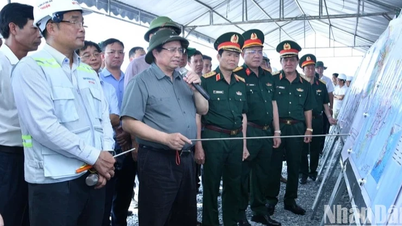

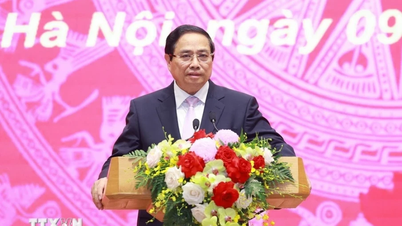
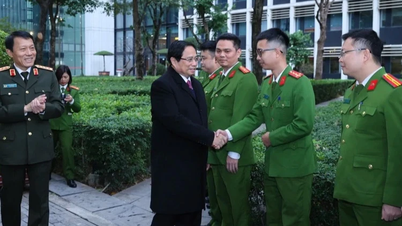


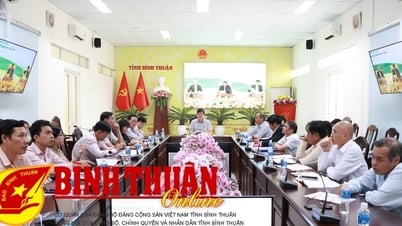









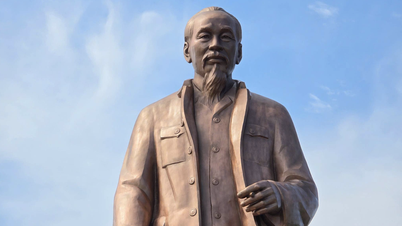










![[Photo] Prime Minister Pham Minh Chinh chairs meeting on science and technology development](https://vphoto.vietnam.vn/thumb/1200x675/vietnam/resource/IMAGE/2025/5/17/ae80dd74c384439789b12013c738a045)













































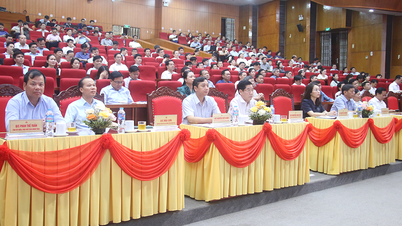

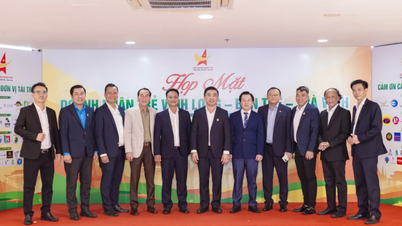

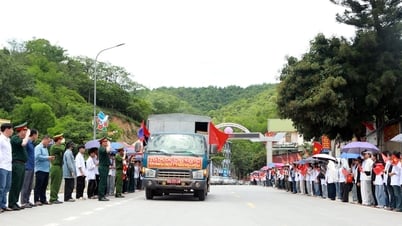


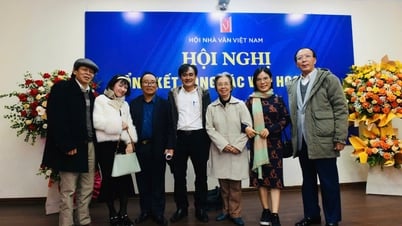












Comment (0)